5 Western powers speak out
US President Joe Biden on August 12 joined the leaders of France, Germany, Italy and the UK to discuss easing tensions in the Middle East and a ceasefire in Gaza, the White House said.
In a joint statement released by the White House, the leaders of all five countries said they supported calls from the United States, Qatar and Egypt to resume ceasefire talks in Gaza to finalize a deal as soon as possible.
President Biden proposed a three-phase ceasefire in a speech on May 31. Since then, Washington and regional mediators have been trying to arrange a Gaza ceasefire in exchange for hostages but have encountered many obstacles. The US, Egypt, and Qatar recently proposed a new round of ceasefire talks on August 15.
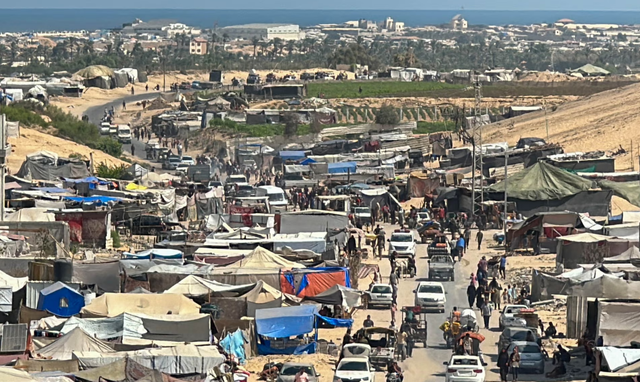
People leave with their belongings after the Israeli army warned them to evacuate in the Hamad city of Khan Younis, Gaza Strip, August 11, 2024. Photo: Getty Images
The joint statement on August 12 stressed that there was “no time to lose”. It also expressed support for Israel against any threat from Iran and urged the distribution and delivery of aid to Gaza.
The risk of a wider war in the Middle East has increased following the recent assassinations of Hamas leader Ismail Haniyeh in Tehran and Hezbollah military commander Fuad Shukr in Beirut.
"We call on Iran to cease its threats of military attack on Israel and discuss the serious consequences for regional security should such an attack occur," the joint statement from the US and its European allies added.
In another development, Axios reporter Barak Ravid on August 12 quoted a source saying on social media that US Secretary of State Antony Blinken is expected to arrive in the Middle East on August 13 amid rising tensions in the region.
Blinken has planned stops in Qatar, Egypt, Israel and possibly Iran. "The trip (to Iran) is not the last one because like everyone else, Blinken is waiting to see if Iran will attack," Ravid wrote on X.
White House National Security Council spokesman John Kirby said on August 12 that the United States was preparing for the possibility of significant attacks by Iran or its proxy forces in the Middle East as early as this week, and the United States had increased its forces in the region.
Behind the US resumption of arms deal with Saudi Arabia
The United States confirmed on August 12 that it would continue to sell offensive weapons to Saudi Arabia amid dramatically changed geopolitical considerations, giving way to Washington's hope that Riyadh will play a role in resolving the conflict in Gaza.
More than three years after Washington imposed restrictions over Saudi Arabia's air strikes in Yemen, the US State Department said it would continue selling arms to Riyadh "in the normal course".
"Saudi Arabia remains a close strategic partner of the United States and we look forward to strengthening that partnership," State Department spokesman Vedant Patel told reporters.
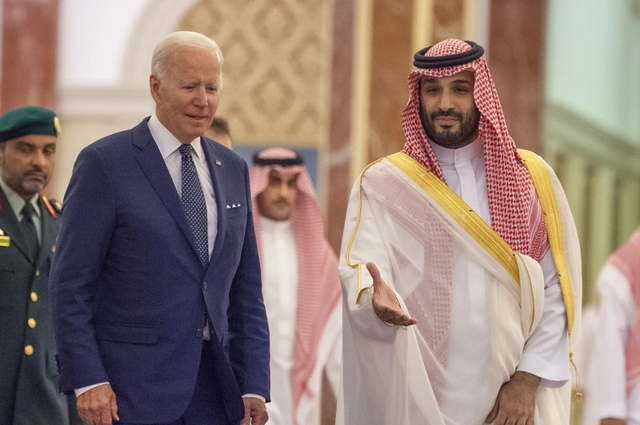
US President Joe Biden (left) is welcomed by Crown Prince Mohammed bin Salman at the Alsalam Royal Palace in Jeddah, Saudi Arabia, in 2022. Photo: Anadolu
The United Nations, with US support, brokered a ceasefire in Yemen in early 2022 that has largely held. Since the ceasefire, “there has been no Saudi airstrikes into Yemen and cross-border fire from Yemen into Saudi Arabia has largely stopped,” Patel said.
“Since then, Saudi Arabia has fulfilled their mission and we are prepared to fulfill ours,” the spokesman continued.
The regional situation has become more complicated since the Israel-Hamas conflict re-emerged in the Gaza Strip on October 7 last year.
While the US, UK and recently Israel have attacked Houthi targets in Yemen, Saudi Arabia has stood by and watched. The Houthis have claimed to have carried out attacks on ships in the Red Sea in a show of solidarity with Gaza.
In April, Saudi Arabia cooperated with the United States, along with Jordan and the United Arab Emirates (UAE), in repelling a barrage of Iranian missiles and drones aimed at Israel in response to an Israeli attack on an Iranian diplomatic compound in Syria.
The US is hoping to get support from Arab partners as Iran threatens to retaliate against Israel again for the assassination of Hamas political leader Ismail Haniyeh in Tehran.
Minh Duc (According to CGTN, The Guardian, SwissInfo)
Source: https://www.nguoiduatin.vn/tinh-hinh-trung-dong-ngay-13-8-5-cuong-quoc-phuong-tay-cung-len-tieng-204240813113108462.htm




















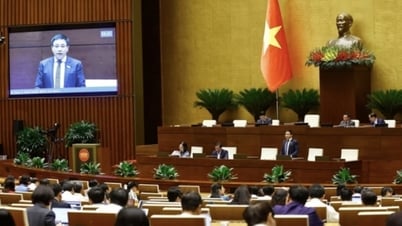








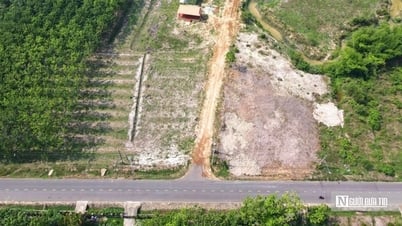
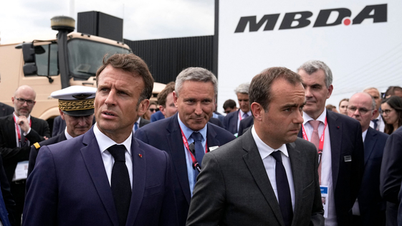
































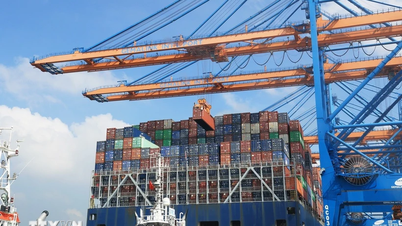




















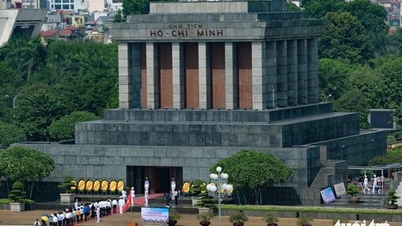















Comment (0)